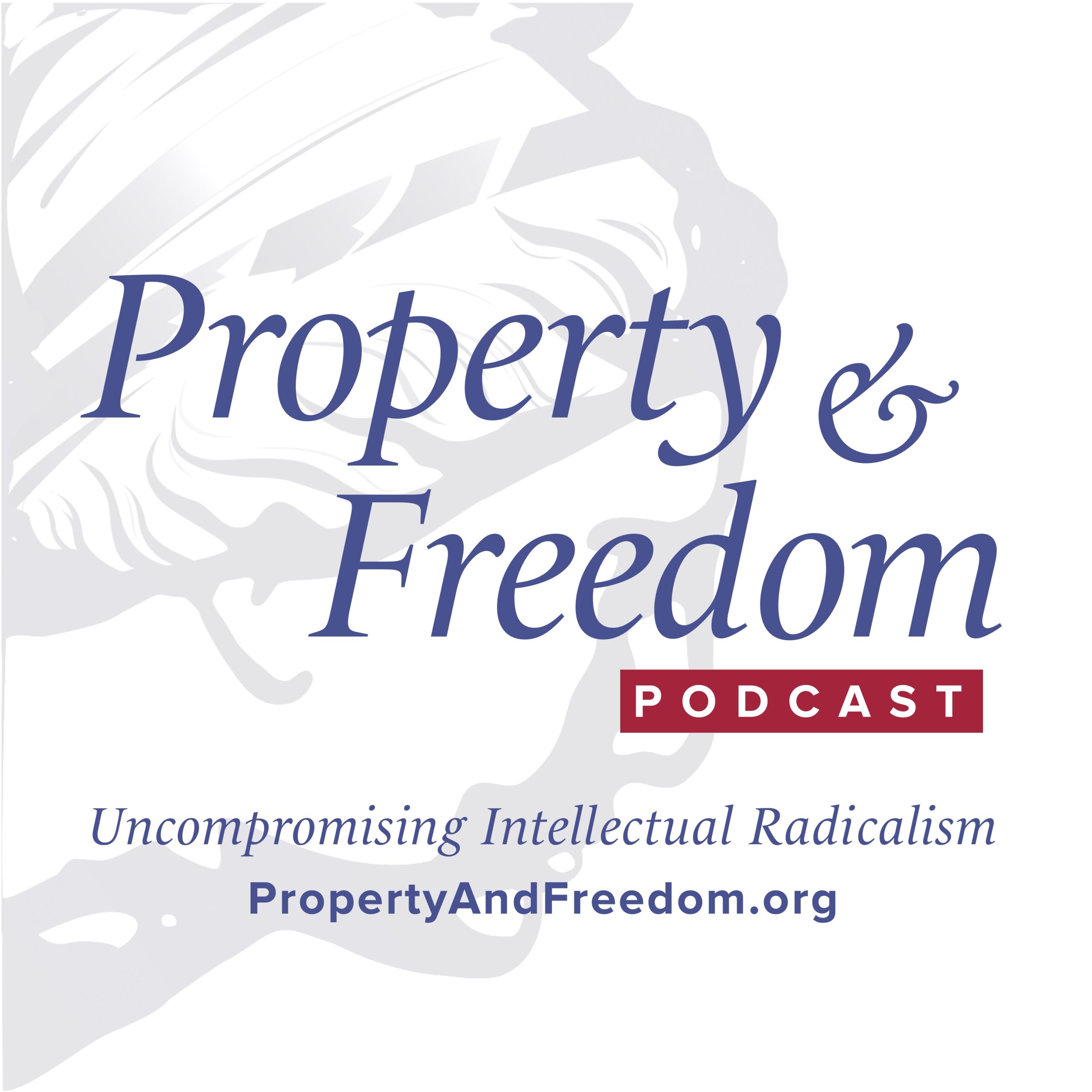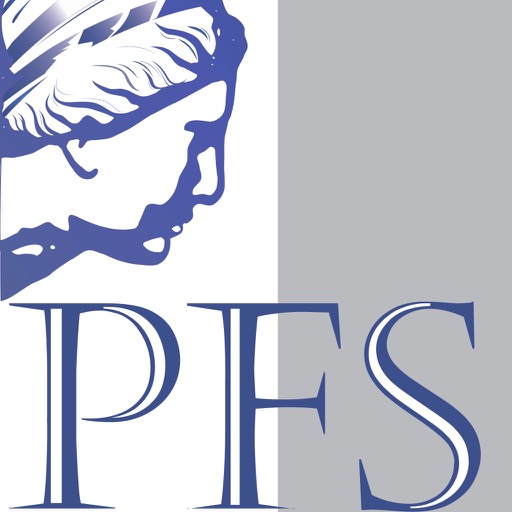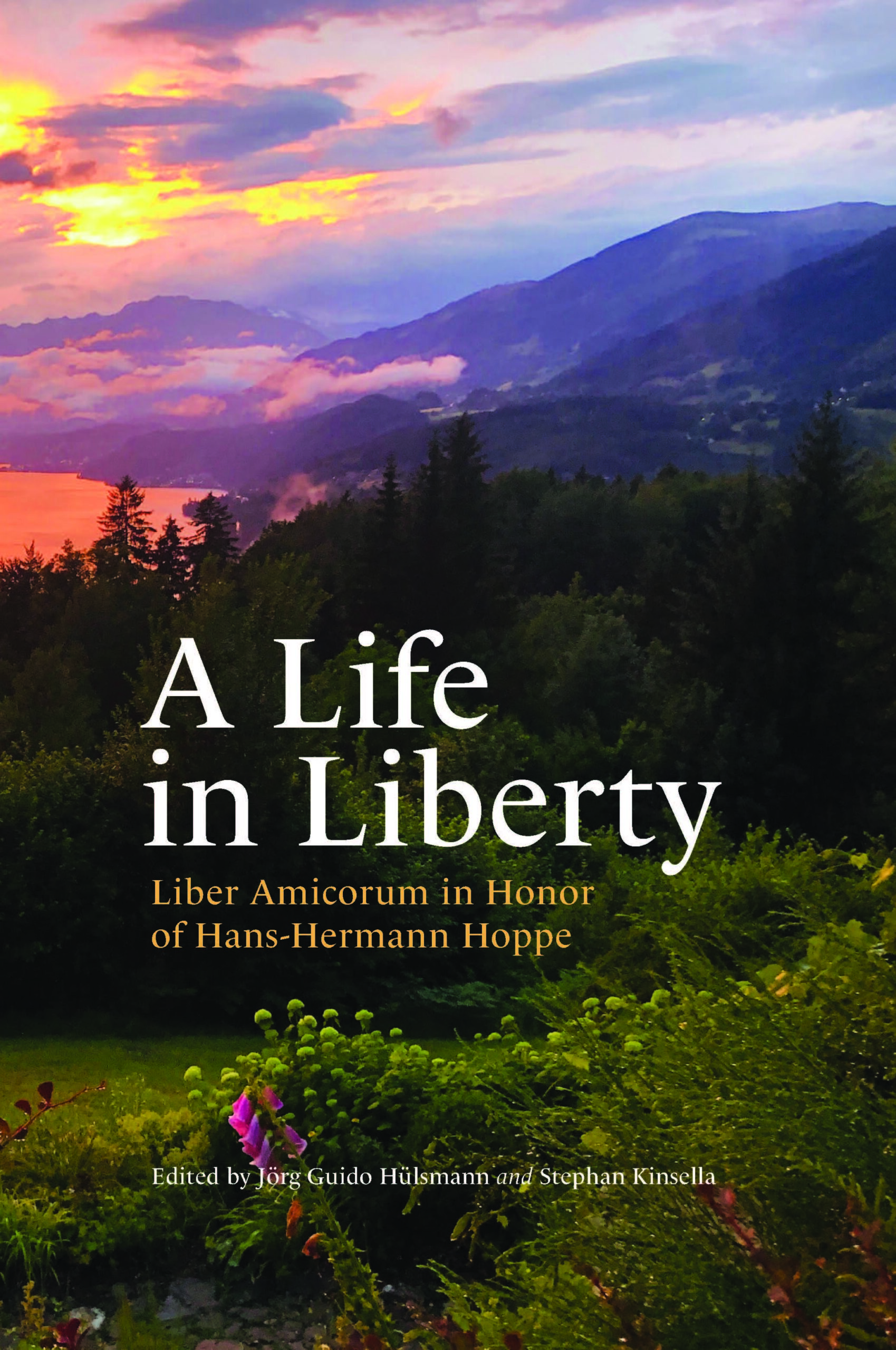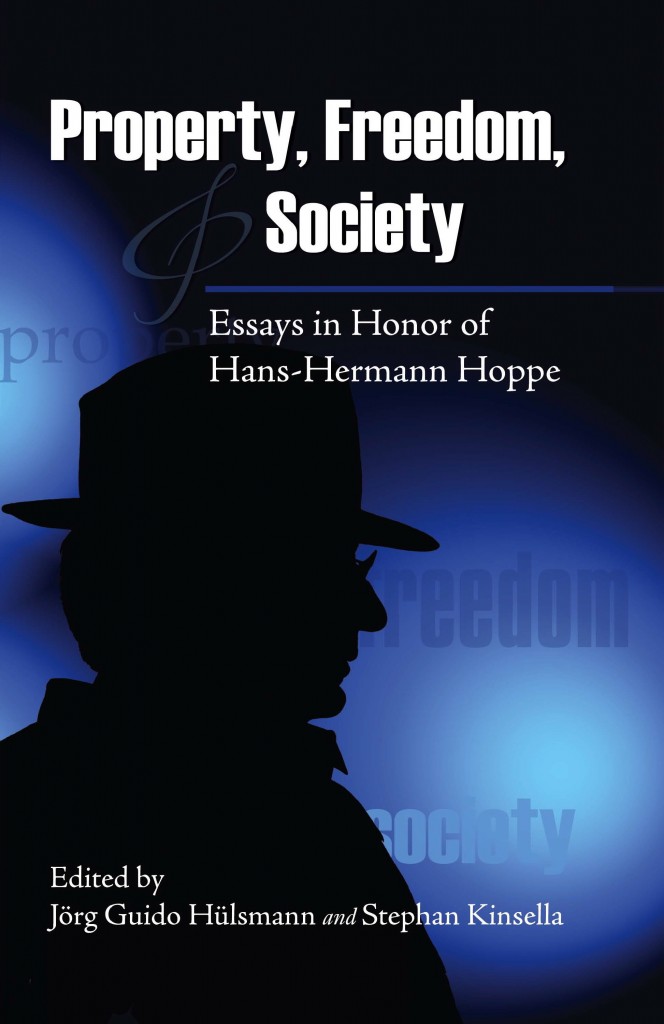The following profile of PFS member Remigijus Šimašius recently appeared in Laissez Faire Today.
***

![]() If you’re a long-suffering reader of our missives, you might recall that last year we visited Vilnius, the capital of Lithuania.
If you’re a long-suffering reader of our missives, you might recall that last year we visited Vilnius, the capital of Lithuania.
While there, we learned that the mayor of Vilnius, Mr. Remigijus Šimašius, is libertarian and anarcho-capitalist. It was a story, we believed, too good to pass up.
Unfortunately, though, we had to. Mayors are, we presume, busy people. And we were only in the city for a few days.
But, all hope wasn’t lost. We were lucky enough to meet a man named Peter who, fortunately, had a connection to the Mayor.
Peter, as a quick aside, owns one of the strangest hostels we’ve ever visited. (And we mean that, by the way, as a high compliment.)
It’s called Jimmy Jumps.


Where else can you relax in a forest sauna after a long day of shooting guns, driving tanks and dogsledding?
![]() Many months ago, just for LFT readers, Peter interviewed Mr. Šimašius.
Many months ago, just for LFT readers, Peter interviewed Mr. Šimašius.
Then, a series of unfortunate events — including a lost hard drive in Thailand — led me to procrastinate in getting this interview into your eyeballs.
(Sorry Peter and Mr. Šimašius. You deserve better.)
In repentance, yesterday I spent a good chunk of the day transcribing the interview.
So, finally, without further ado, here’s the full interview with, quite possibly, the world’s first anarchist mayor.
Take it away, Peter.
Libertarian Mayor of Vilnius Speaks!
Peter: Mr. Šimašius, would you please introduce yourself to our readers?
Šimašius: Sure. My name is Remigijus Šimašius. I am the mayor of Vilnius.
Before that I was a member of Parliament. And before that, I was Minister of Justice. And, finally, before that I was running Lithuanian Free Market Institute, which is a Libertarian think tank.
That might be the most interesting thing for your means. I, myself, being a libertarian, who is also in politics.
Peter: Is it true that you’re an anarcho-capitalist?
Šimašius: Usually, I do not like those titles very much. Because titles do not necessarily reflect the essence in the best possible way.
Take my party for example in Lithuania. I belong to a liberal movement, which, of course, would mean quite different things from the liberal movement in the U.S., for example.
Classical liberalism and, yes, anarcho-capitalism, I do use these terms. But for some people it’s difficult to understand exactly what it means.
But, to answer your question, yes.
Peter: How would you say that reflects in your leadership?
Šimašius: Political leaders in society are a specific type of leader.
And my understanding of this kind of leadership is that you do not have to, on one hand, reflect what people think and simply be a mirror of people’s beliefs.
On the other hand, I think that political leaders and leaders in general have to create an atmosphere and to send such signals to society that would allow all the members of society to work on their goals.
Which means I think that the political leader doesn’t have to change people’s goals with his goals. That’s anarcho-capitalism in a way.
Peter: Excellent. What do the Statists in government think of you? Do they feel threatened by your beliefs?
Šimašius: As I’m quite a polite and gentle man, sometimes I say quite radical things but in a very polite way and that is taken as not quite as radical as it normally would be.
While sometimes people are not so radical and put it in a radical and angry way, which also creates a very antagonistic attitude.
That is, I think, a very important message.
Peter: OK. Excellent. Moving on… Latvia, among other nations, recently banned GMOs. What’s your personal position on them?
Šimašius: I do not support this kind of GMOs. Of course, as with all innovations, there’s a question. And it’s a question of simply understanding the reality and, I think, from the perspective of the consumer.
Of course, it’s consumer choice first of all, and you do not have the right to lie to consumers.
But, of course, GMOs provide the huge possibility for development in many different areas. I don’t think that it’s inescapable and I wouldn’t declare such a thing. But, I think it’s one of the options, how you deal with the nature and production, and it’s no better or worse an option than any other.
And one more thing…
When speaking from Lithuania, which is a country that is not so much into poisoning with chemicals, it’s very tempting to say our national goal to have this competitive advantage in being ecological, biodynamic and so on.
Because, in a way, it is a competitive advantage. But, again, I think it’s more a decision of the market, than of for government. But for Lithuania, I think it’s a very sensitive situation, because, in general, we do use ecological organic product as a normal choice — not as something extraordinary and exceptional.
When I talk to our producers, for example, it’s a very funny situation when they ask, ‘So you put some mushrooms in your meal, so what’s the ecological certification of your mushrooms?’
There can’t be an ecological certificate for them because you picked them in the forest.
Peter: Right. Right. OK. Next question: So, given the recent scientific breakthroughs concerning cannabis and its healing effects, and knowing that Lithuania was a major hemp exporter for hundreds of years, what is your position on marijuana and hemp?
Šimašius: For me, for my personal agenda, it’s quite low. I care much more about taxation, freedom of economic activities, self-defense, and similar issues.
For me, it’s not a problem. It’s one of those marginal topics, and I treat it as such. If they are voting for such a case, of legalizing, of course I will take the Libertarian position. But I am not the one who is bringing up those questions, I’m not the first advocate of such things…
The right to self-defense and to bear arms, that’s my topic. If I am attacked, I am usually attacked for this problem and this initiative.
Peter: Right. Good. So, given that the world’s economy, as you know, is fundamentally manipulated through the central banking mafia’s control of the supply of money, what actions are you taking to insulate Vilnius from the next major engineered economic crisis.
Šimašius: It’s very difficult for me to say. But I do understand what I can do, and I do understand what I cannot do.
I’m not a central banker. I’m not taking on the decisions of central banks. So, if there would be some practical possibility to use bitcoins or some other alternatives to centralized money, I’d be more than glad to assist and to actually breaking the ice and using those possibilities.
But, again, for me, I’m not the one, as mayor, who will forcefully introduce these alternatives. Because, in a way, people use alternatives in any case. They have small cash holding, they invest into alternatives other than cash and so on, they use alternatives anyway.
It’s a very important question, but, unfortunately, that’s not what mayors usually do or are allowed to do. But, again, on the other hand, when there are debates about bitcoin and similar issues, I’m still the one who is always defending the concept and saying ‘Yes! That’s very important to have competition in money production.’
In essence, it’s not government business. It was nationalized not so long ago.
Peter: Excellent. OK. So who are your favorite philosophers? We’ve been told that Hoppe is one of them, is that true?
Šimašius: That’s true. Ludwig von Mises was a very great philosopher, even though he is not treated to be a philosopher. Usually, in philosophy faculties, you do not have Mises’ concepts in aspects of social philosophy. And speaking about social philosophy, Hans Hermann Hoppe is my favorite.
Peter: Excellent. Next question: Are you worried that the Russians may use Lithuania as a doormat?
Šimašius: On one hand, I’m worried. I do understand that might be, and, in fact, definitely is, in the heads of some Russian politicians and leaders.
On the other hand, I am quite confident that we do have measures against them.
And it’s quite a difficult question for a libertarian, because in order to resist that aggression, you have to be organized.
And the question is, how organized? And it might sound surprising, but I’m in support of Lithuania being a member of NATO. Which may sound strange, maybe, from an American perspective, but, for us, it’s a shoulder which helps us be confident in this practical situation.
But I feel quite confident not just because of that. I do believe in similar resistance, and participation of every citizen to defending his country, family and neighborhood. I do think it’s an important issue.
I spent part of my political and societal activities on this particular issue — in protecting society and increasing the defense of society.
Peter: Understood. You touched on the next question, which is, conversely, are you worried about NATO using Lithuania as a doormat.
Šimašius: Theoretically, yes. But practically, no. At the moment. I follow some of libertarian discussion and sometimes I’m quite negatively surprised that some libertarians are a little America-centric. And they think that everything that happens in the world happens because of United States.
And it’s projected onto Ukraine, onto Baltic states, but, in fact, living here… very close to Ukraine… I’m more than confident that what happened in Ukraine three years ago, and is still happening now, is simply people being tired of kleptocracy and corruption and the bureaucracy of the Soviet-style regime. And they wanted to get out of it.
America has nothing to do with that.
In this case, I do not worry so much about NATO and the United States.
Peter: All right. How do you feel about the centralization of power in Brusselsand the undemocratic form of power it exercises over the people of Lithuania?
Šimašius: I’m worried about the ever-increasing centralization of power in the hands of Brussels bureaucracy. I think that’s the real worry. I mean, much, much bigger than the potential worry of NATO taking over our decisions.
Peter: Sure. OK. So, we’re jumping around a bit here. But what are you doing to stop the flight of young professionals from Lithuania?
Šimašius: You know, I was in London recently. And I was talking to those young professionals and they were a little bit surprised I was not the one telling them to come back.
It’s not my style.
I fully understand that it is their personal decision to live in the city or country they were born in or living in another city. And I know quite many of those young professionals are actually willing to come back. And the question is how to make their environment for coming back better and better.
And I think that Vilnius is rapidly progressing in this area. Because, it offers career opportunities, it offers very good environment for living, and, of course, solving all of these practical issues is the way to invite those people back.
What I am glad about is, in practice, those people are coming back. And we simply have to listen to what those people want.
Peter: Great. Which, again, leads me to my next question: What are you doing to try to attract young entrepreneurs. Not just Lithuanians, but young entrepreneurs from all over the world. What are you doing to attract them to Vilnius?
Šimašius: Yes, I do focus on this issue. And we have to accept that there are several groups of these people coming into the country.
One is Lithuanian expats who lived in Lithuania and are thinking about coming back. Another group is typically people from Western Europe or U.S., from Western civilization, if you may say so. And there’s also another group which is very important, a young group of professionals and entrepreneurs from our Eastern neighbors.
From Russia, Belarus and Ukraine and maybe some other countries. So for Lithuanian expats, I think it’s very important to send a message and provide good living conditions and that’s it.
Because many of them simply want to raise their children in good environments and good societies where you know your friends and the air is fresh and the water is drinkable from the tap. Speak about Western countries, again, we already have some people coming here and we have certain advantages here in Vilnius and we do want to work more on it.
First, is having a very good atmosphere for corporations to provide job opportunities, but also, I must add, an ecosystem which would allow employees from those corporations to prosper afterwards, when they get tired of working in corporations.
I focus a lot on the open data issues of the city being very open and providing more material to work on in terms of business possibilities. Also, I focus a lot on creating an atmosphere in the city where you can test your products.
Because, typically, when you want to create something new, of course, you develop the product and you have to test it in the real environment. And what I am offering Vilnius as a city where you can test your new ideas. Sure, I meet people every week who have crazy ideas, but I want to create this atmosphere where they can be tested.
And the last topic, which is very important for Westerners and Easterners at the same time, Vilnius is a very good location to come for those people who, from the East, are tired of corruption, racketeering and geopolitical instability and craziness of political regime.
For them, they are looking for possibilities to settle down in a country which has rule of law and a good business environment. And that’s very often European Union countries.
And Vilnius is a very good city among European Union countries because exposure to your social networks — to Belarus, Russia and so on. We have quite many people who speak Russian, we have cultural life and so on. And we have a huge increase of immigration from Russia, Belarus, Ukraine, Moldova and such countries.
Peter: So would it be fair to say that you view Vilnius as a potential bridge between East and the West?
Šimašius: In a way, it’s not a bridge, but a good meeting point. We position ourselves as a very good meeting point because both person from U.S. may feel at home in Vilnius and from Moscow may feel like at home in Vilnius.
And that is very important, not all cities offer this.
Peter: OK. And the final question is will you run for president?
Šimašius: [Laughing] No. Not in the coming years.
[Ed. note: Big thanks to Peter for organizing the interview. And, of course, to Mr. Šimašius for agreeing to be interviewed for our humble little newsletter. If you’ve never been, Vilnius is a beautiful place. I’ll definitely be back. And, from the looks of it, it’s on the up and up. Keep an eye on it.]
Until tomorrow,
Chris Campbell
Managing editor, Laissez Faire Today
P.S. Have something to say? Say it! Chris@lfb.org.





You must log in to post a comment. Log in now.